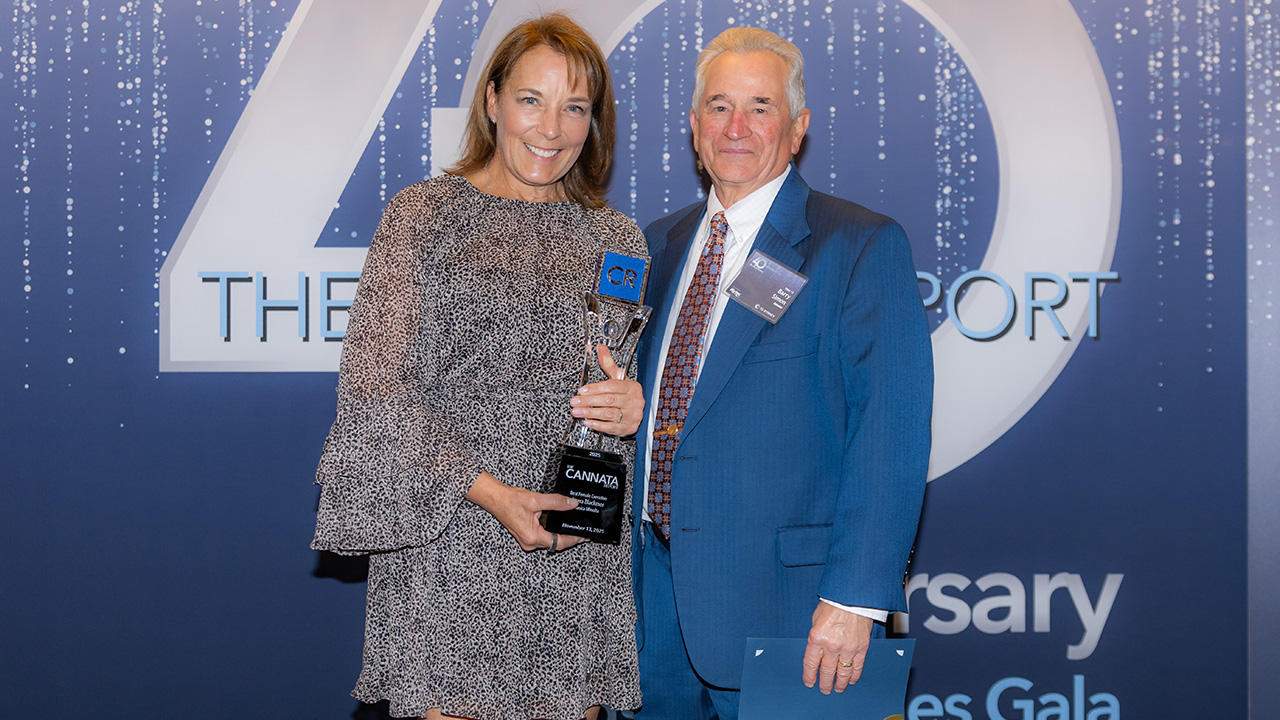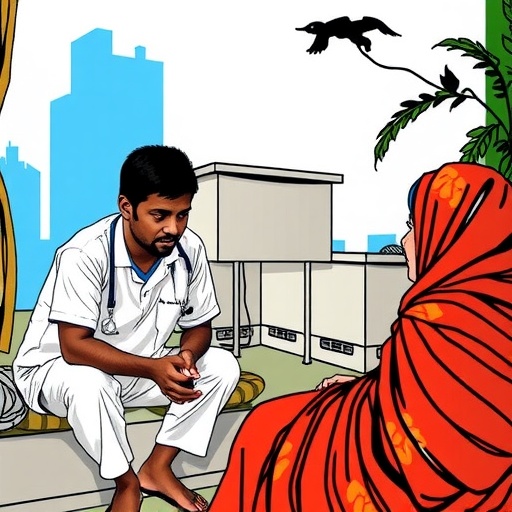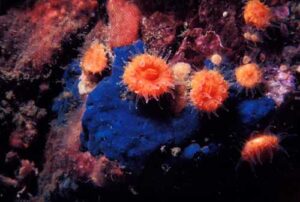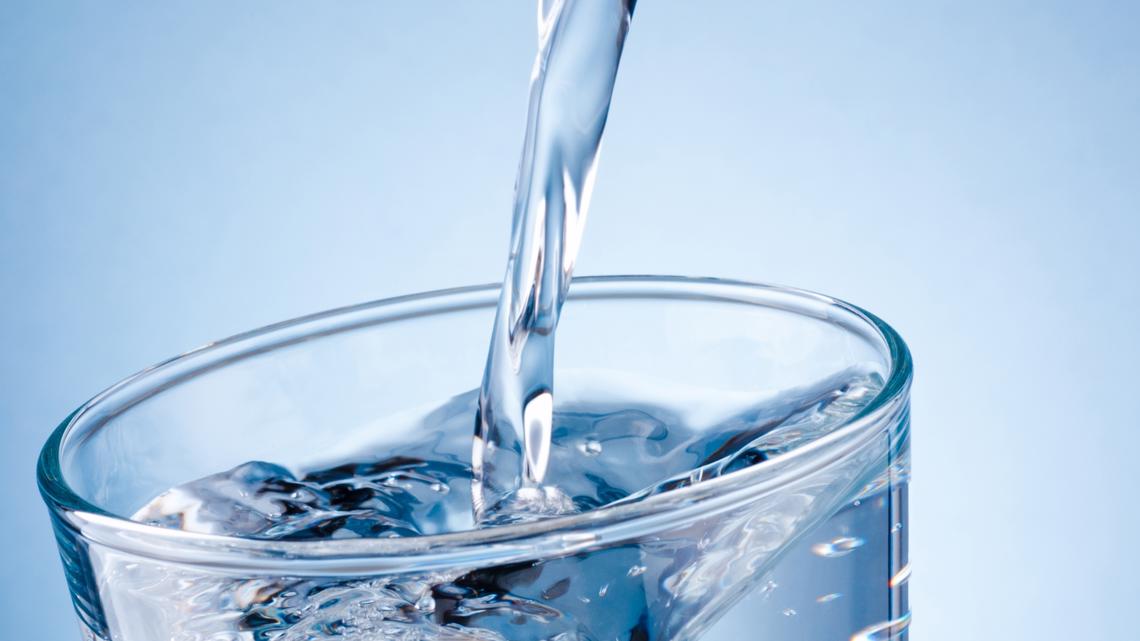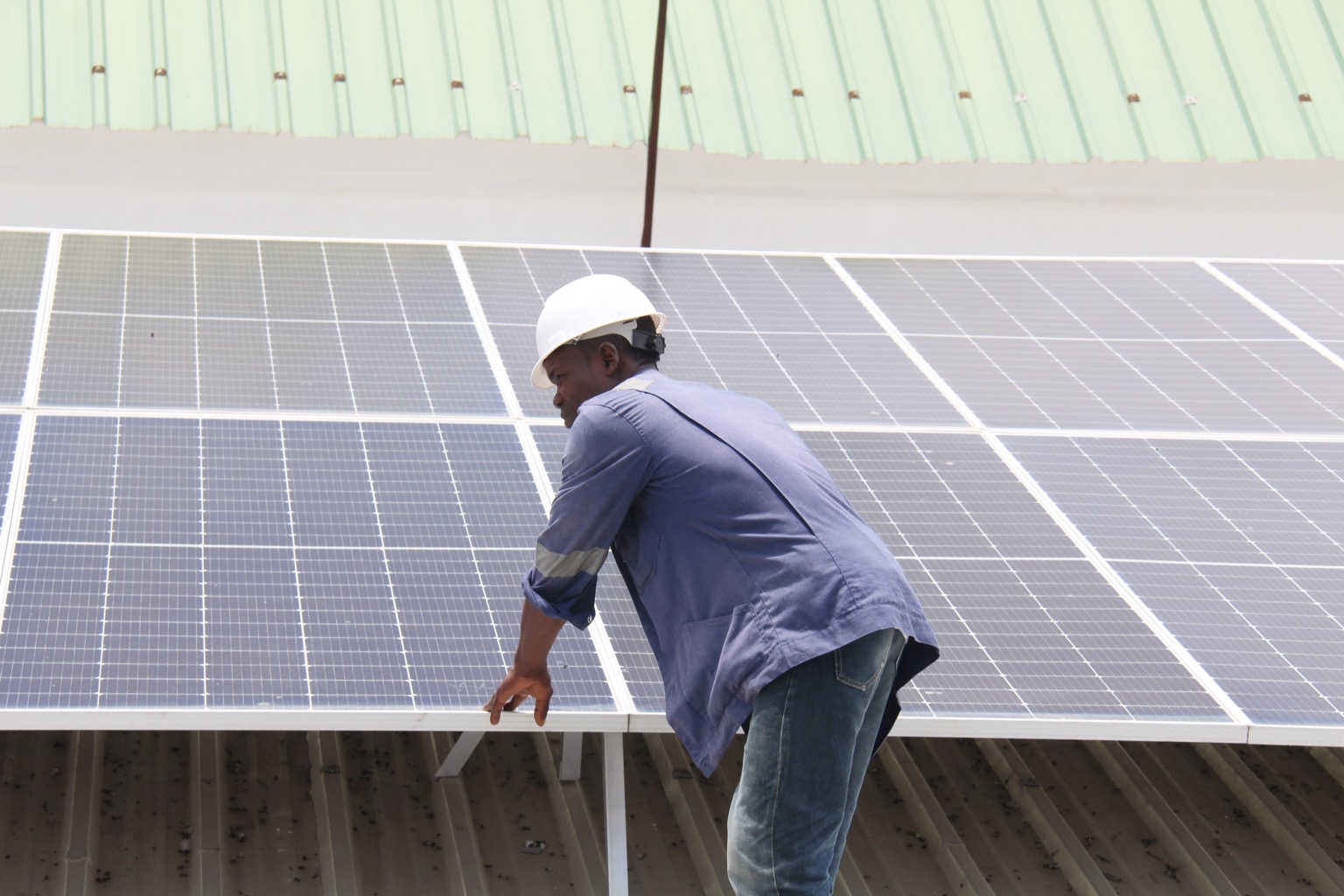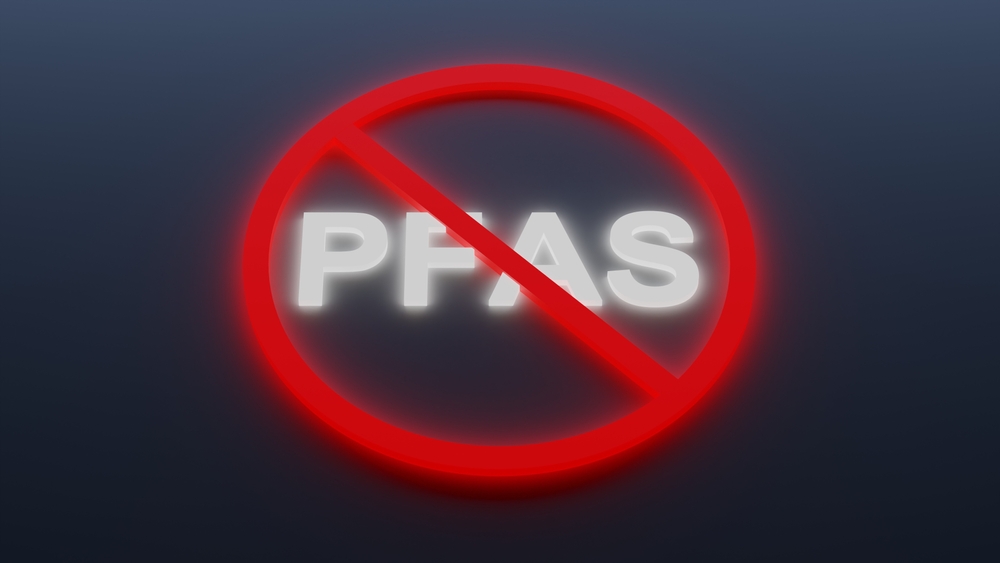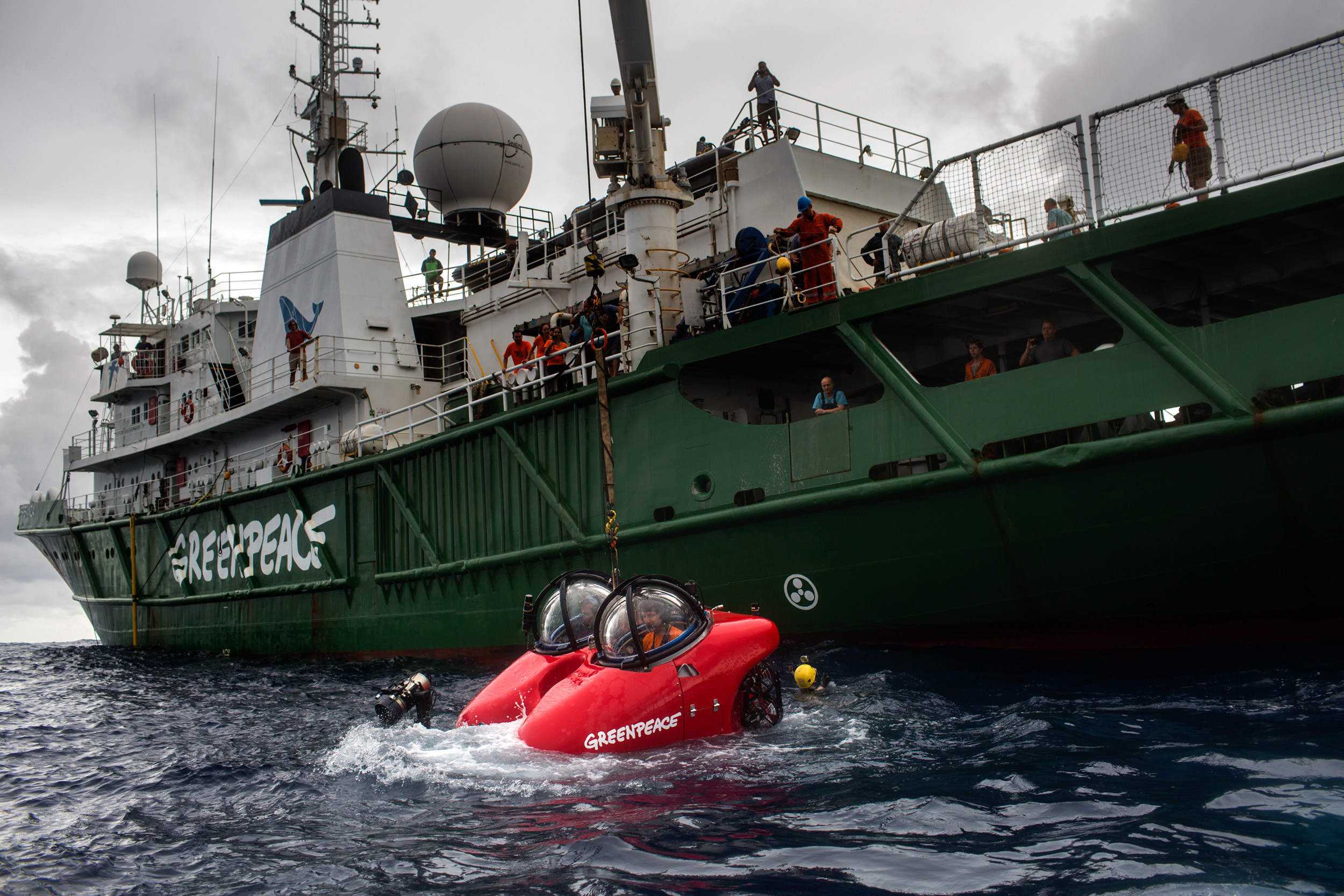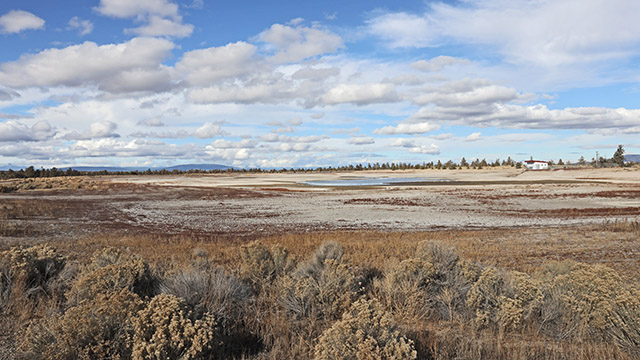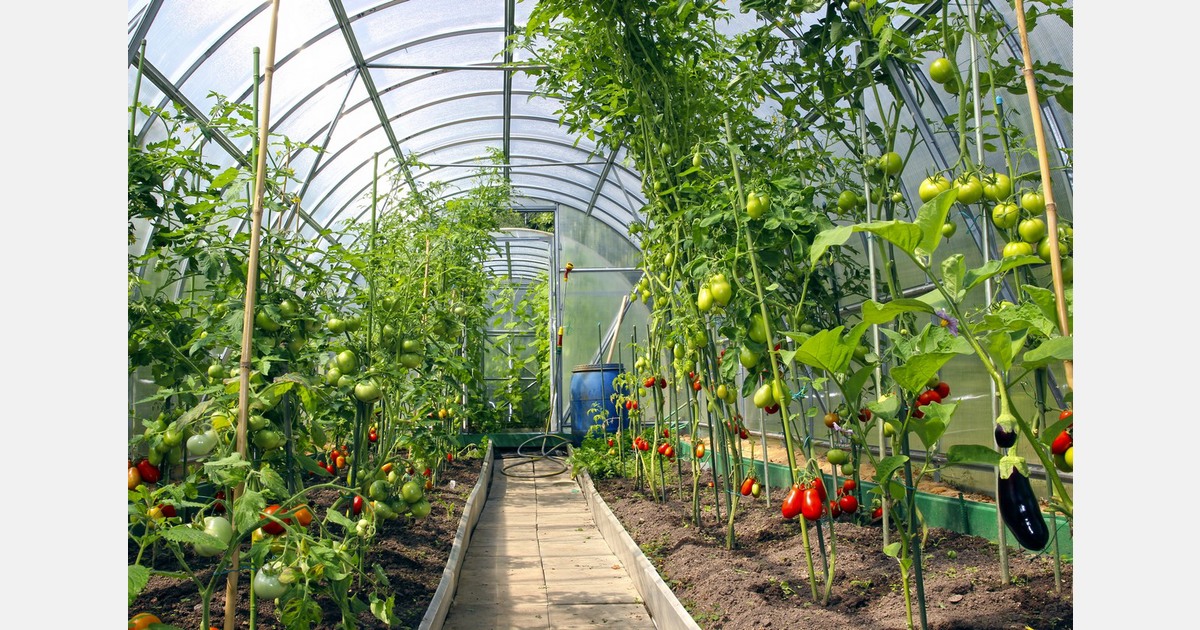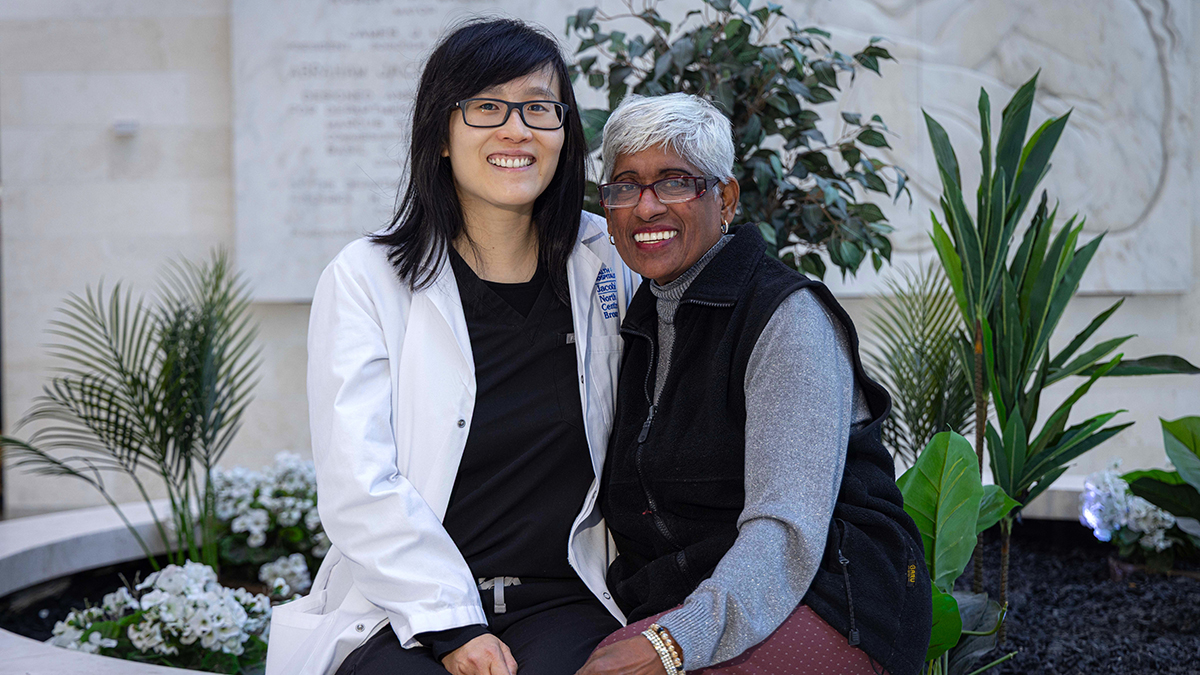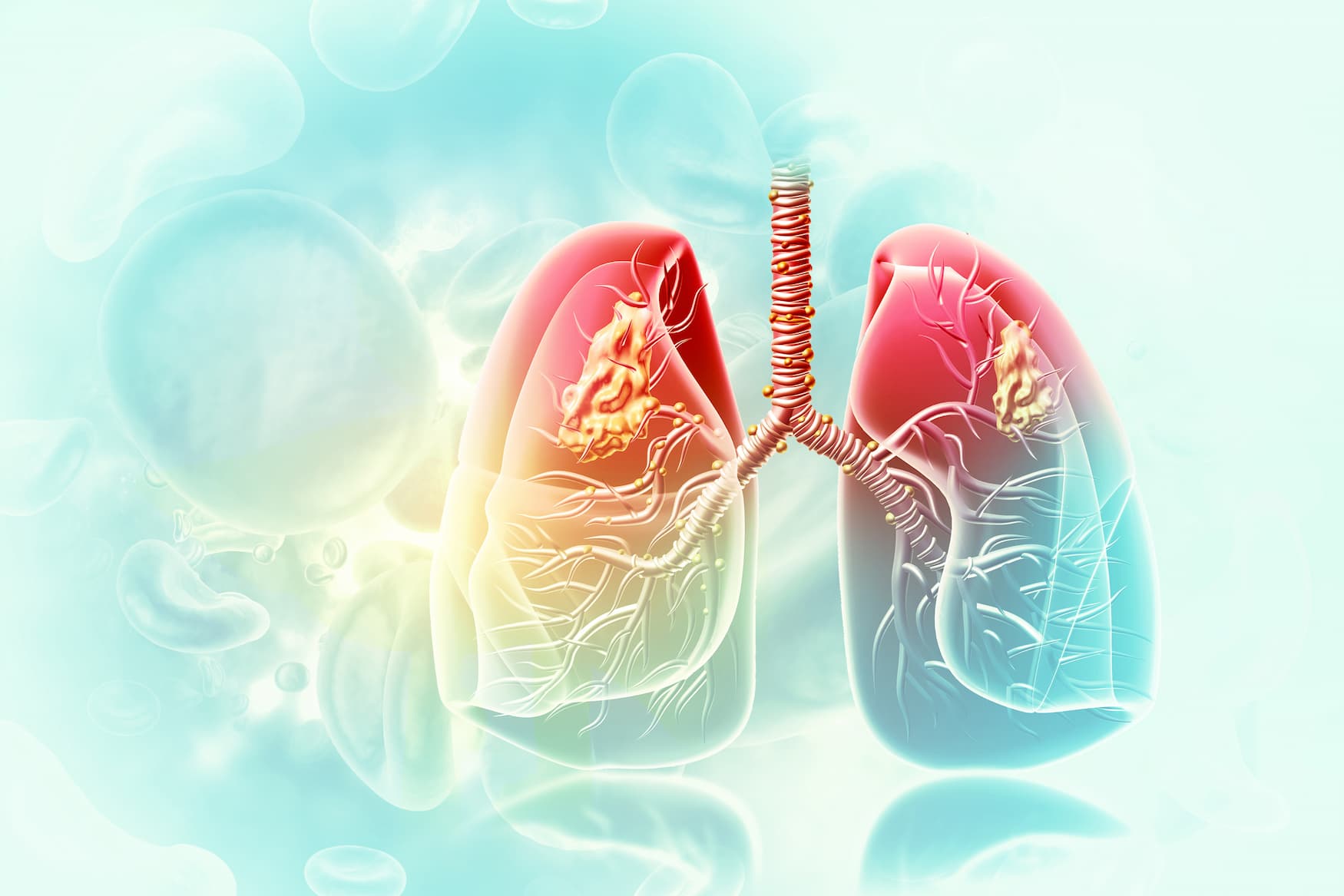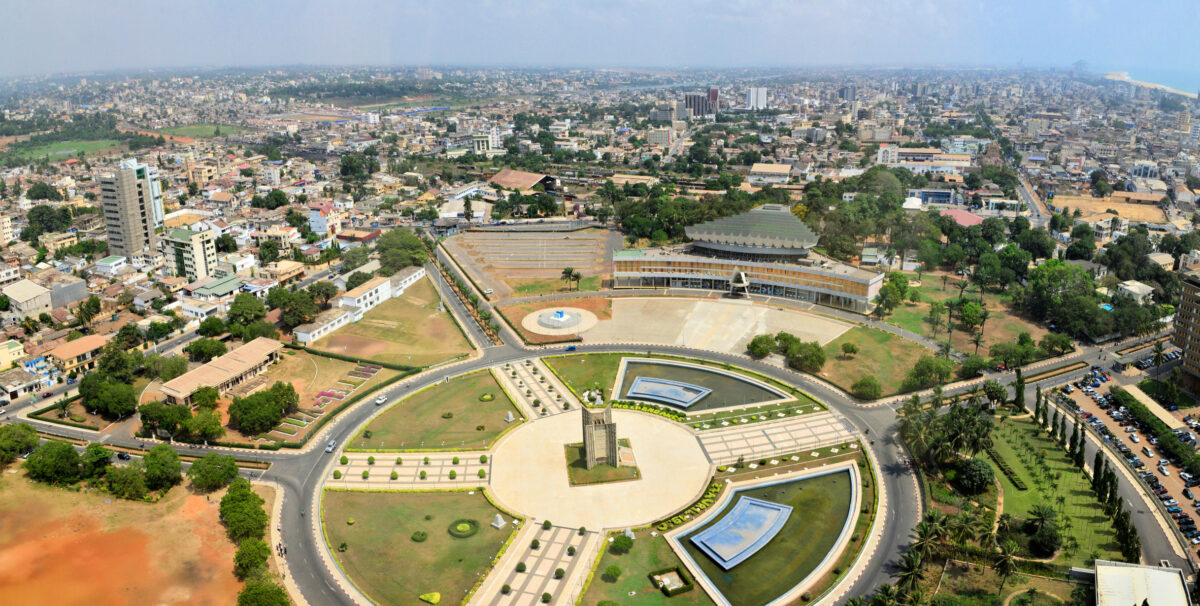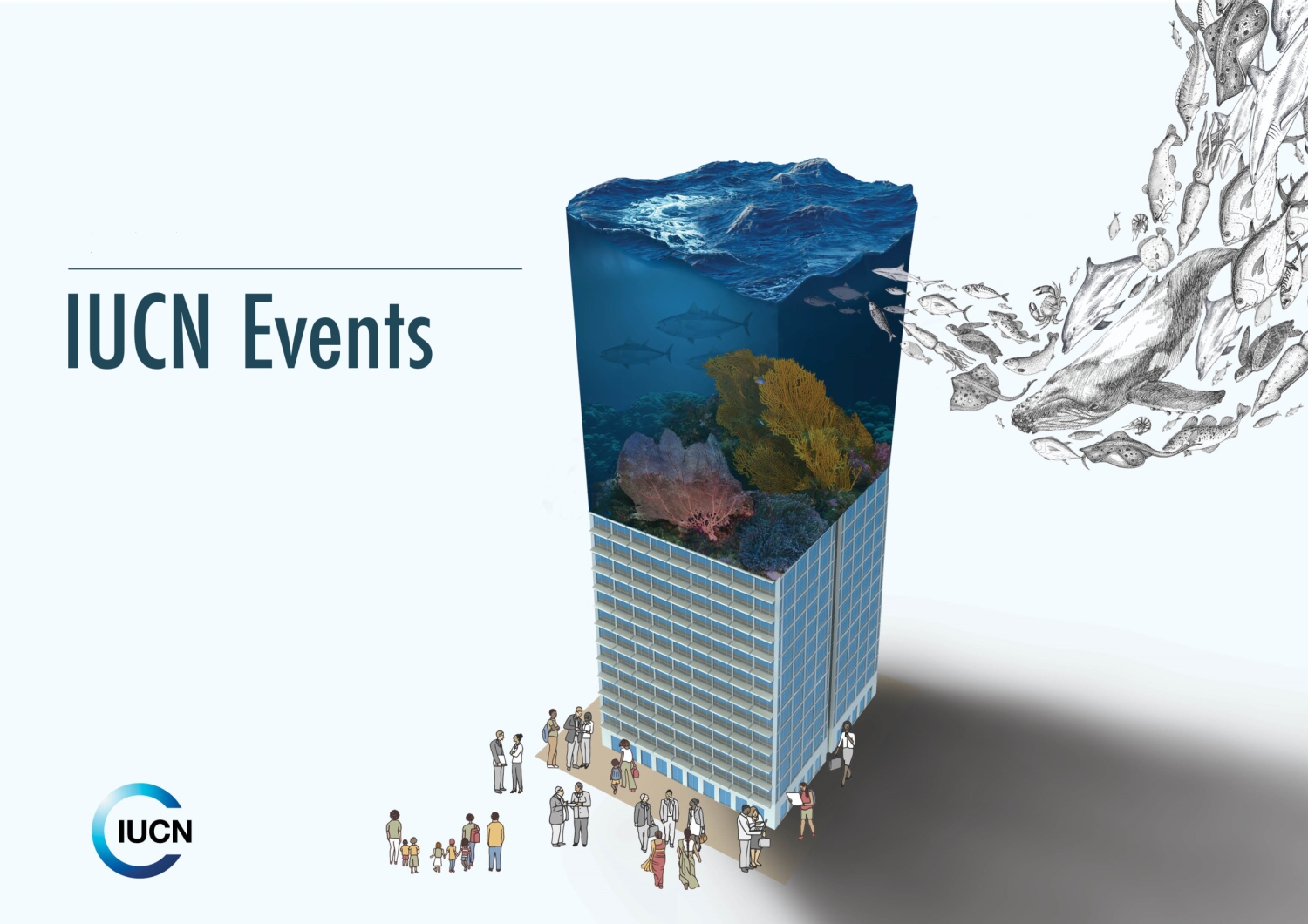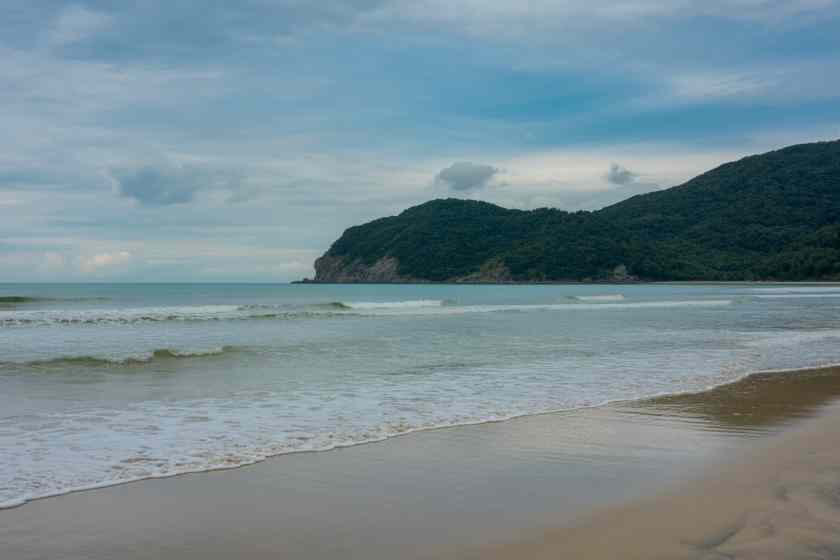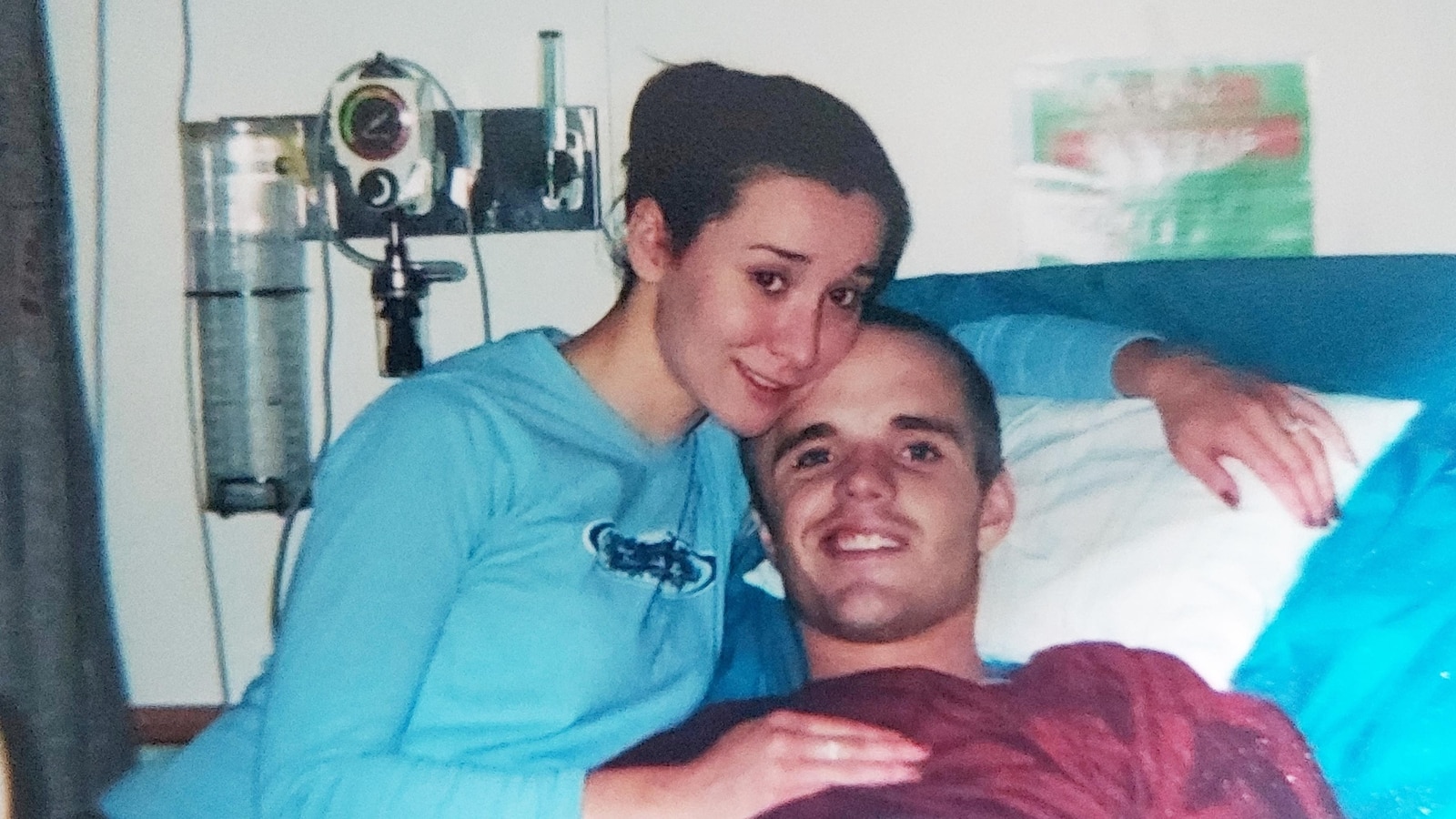Job Opportunity: Minnesota Sea Grant Undergraduate Aquaculture Lab Technician (2 openings) – Minnesota Sea Grant
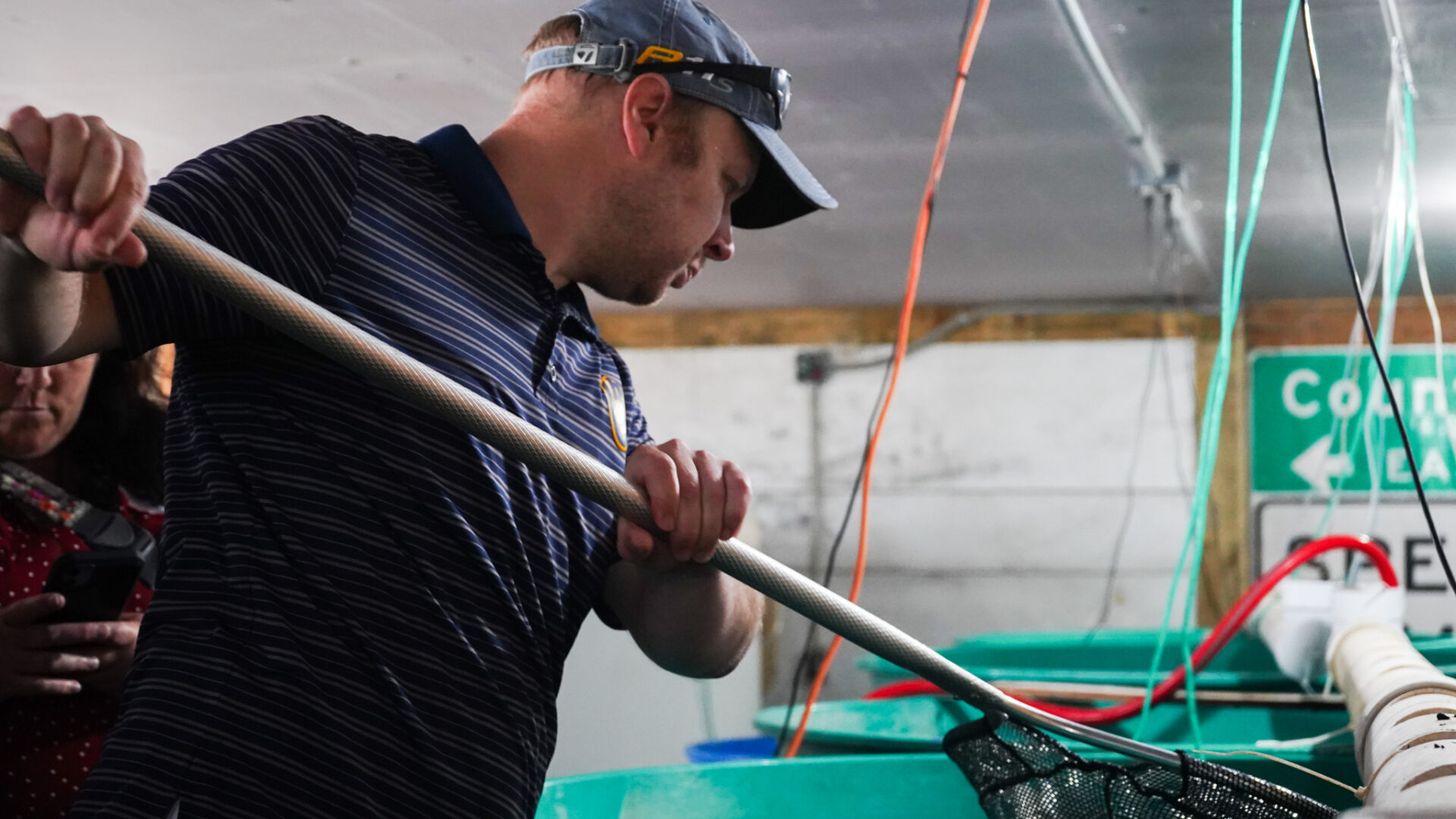
Report on the Aquaculture Lab Technician Position at Minnesota Sea Grant
Introduction and Strategic Context
The Minnesota Sea Grant (MNSG) program, in alignment with the University of Minnesota’s mission, has announced a recruitment initiative for an Aquaculture Lab Technician. This position is situated within the MNSG Aquaculture Lab on the St. Paul campus and is integral to the program’s Sustainable Fisheries and Aquaculture focus area. The role directly supports applied research in indoor aquaculture systems, focusing on the rearing of Yellow Perch and Golden Shiner. This initiative is a direct contribution to advancing sustainable food production methods and addressing global environmental challenges.
Contribution to United Nations Sustainable Development Goals (SDGs)
The activities undertaken by the Aquaculture Lab Technician will provide significant contributions to several key UN Sustainable Development Goals. The position is designed to integrate practical research with global sustainability targets.
- SDG 14: Life Below Water: The core of this research involves developing and refining indoor aquaculture techniques. This work directly supports the conservation and sustainable use of aquatic resources by reducing pressure on wild fish populations, thereby protecting marine and freshwater biodiversity.
- SDG 2: Zero Hunger: By advancing efficient methods for rearing species like Yellow Perch, this research contributes to enhancing food security. Sustainable aquaculture is a critical pathway to providing a consistent and reliable source of protein for a growing global population.
- SDG 12: Responsible Consumption and Production: The position focuses on maintaining recirculating aquaculture systems (RAS), which are models of sustainable production. These systems minimize water usage, manage waste effectively, and ensure responsible resource management, promoting sustainable consumption and production patterns.
- SDG 4: Quality Education: This role offers a university student an invaluable opportunity for hands-on, experiential learning in a scientific setting. It provides practical skills and knowledge in applied water science, fostering the next generation of researchers and professionals dedicated to sustainability.
- SDG 8: Decent Work and Economic Growth: The position provides paid, meaningful employment for a student, contributing to their economic well-being. Furthermore, the development of a sustainable aquaculture industry supports long-term economic growth and creates resilient local economies.
- SDG 6: Clean Water and Sanitation: A key responsibility involves the daily monitoring of water quality parameters. This practice is fundamental to research aimed at optimizing water use and ensuring the sustainable management of water resources within food production systems.
Position Profile and Core Responsibilities
The technician will be a key member of the MNSG research team, working under the guidance of fisheries and aquaculture extension educators. The primary responsibilities are centered on the operational success of the aquaculture lab and the integrity of its research data, which underpins MNSG’s sustainability objectives.
Primary Duties
- Fish Husbandry and System Maintenance: Execution of daily protocols for fish care, including precise feed measurement and administration, tank cleaning, and observation of fish health and behavior. Maintenance of both flow-through and recirculating aquaculture systems to ensure optimal operational conditions.
- Data Collection and Management: Rigorous and accurate collection of critical data related to water quality, feeding schedules, and fish biometrics. This includes electronic data entry and management, ensuring the validity of research findings that inform sustainable practices (SDG 12, SDG 14).
- Compliance and Safety: Adherence to all laboratory safety procedures, animal care protocols, and permit requirements. Responsible for the proper care and maintenance of all scientific equipment.
- Team Collaboration: Work in close cooperation with MNSG staff, project contractors, and other technicians to achieve collective research goals aligned with the Sustainable Fisheries and Aquaculture focus area.
Candidate Qualifications
Required Qualifications
- Must be a current undergraduate student enrolled in the University of Minnesota system for the Fall 2025 semester.
- Eligibility for the Federal Work-Study program is preferred but not mandatory.
Preferred Competencies
- Demonstrated ability to work independently and follow detailed written and oral instructions.
- A strong sense of responsibility, punctuality, and attention to detail, particularly in relation to data collection and animal care schedules.
- Experience in a laboratory research setting, particularly with data collection and management.
- Prior experience working with fish, especially in a hatchery or aquaculture facility.
- Proficiency with basic mathematical calculations and data entry using software such as Microsoft Excel.
- Excellent organizational skills and the ability to work effectively as part of a team toward a shared project goal.
Appointment Details
- Job ID: 369550
- Location: University of Minnesota St. Paul Campus, Minnesota Sea Grant Aquaculture Lab.
- Appointment Term: Initial six-month appointment, with potential for extension through May 30, 2026, contingent upon a positive performance review.
- Time Commitment: 10-15 hours per week.
- Compensation: Starting at $15.25 per hour.
- Application Period: Opens August 6, 2025, and will remain open until the position is filled.
Identified Sustainable Development Goals (SDGs)
SDG 14: Life Below Water
- The article is centered on an aquaculture lab technician position focused on rearing fish species (Yellow Perch and Golden Shiner). This work directly relates to the conservation and sustainable use of aquatic resources. The position falls under the “Sustainable Fisheries and Aquaculture focus area of MNSG,” which aligns with the core objectives of SDG 14.
SDG 2: Zero Hunger
- Aquaculture is a critical component of global food production. The research and work described, such as “rearing of Yellow Perch” in “indoor aquaculture systems,” contribute to developing sustainable food production systems, which is a key aspect of achieving food security and ending hunger.
SDG 8: Decent Work and Economic Growth
- The article is a job posting that offers employment, specifically targeting youth (“undergraduate student”). It promotes productive employment and contributes to economic growth by developing a sustainable industry. The University’s diversity statement also supports the principles of inclusive employment.
SDG 4: Quality Education
- The position is offered to a “current status as an undergraduate student” and is described as a learning opportunity. The technician will gain practical, technical, and vocational skills (“assisting with lab research and data collection,” “maintaining aquaculture systems”) that are relevant for future employment, aligning with the goal of providing quality education and skills development.
SDG 6: Clean Water and Sanitation
- The role involves “monitoring water quality parameters” and “maintaining a flow through and recirculating aquaculture system.” Recirculating aquaculture systems are designed to conserve water and minimize pollution, directly contributing to the sustainable management of water resources.
SDG 9: Industry, Innovation, and Infrastructure
- The work takes place in a research facility (“Minnesota Sea Grant Aquaculture Lab”) and focuses on improving aquaculture techniques. This supports scientific research and innovation in a key industry. The development and maintenance of “recirculating aquaculture system[s]” represent an investment in sustainable infrastructure.
Identified SDG Targets
Targets under SDG 14 (Life Below Water)
- Target 14.4: By 2020, effectively regulate harvesting and end overfishing, illegal, unreported and unregulated fishing and destructive fishing practices and implement science-based management plans… The article’s focus on “Sustainable Fisheries and Aquaculture” and the scientific data collection (“observing and recording fish behavioral data,” “assisting with fish measurement”) contribute to the knowledge base for science-based management plans. Sustainable aquaculture helps reduce pressure on wild fish stocks, contributing to the goal of ending overfishing.
- Target 14.7: By 2030, increase the economic benefits… from the sustainable use of marine resources, including through sustainable management of fisheries, aquaculture and tourism. The project’s goal to “create strong and sustainable economies” through “applied water science” and aquaculture development directly aligns with this target.
- Target 14.a: Increase scientific knowledge, develop research capacity and transfer marine technology… The job involves assisting with “lab research and data collection” at a university research program (Minnesota Sea Grant), which explicitly works to “bring applied water science to communities.” This directly supports the increase of scientific knowledge and research capacity in aquaculture.
Targets under SDG 2 (Zero Hunger)
- Target 2.4: By 2030, ensure sustainable food production systems and implement resilient agricultural practices… The work on “recirculating aquaculture system[s]” is a direct implementation of a sustainable food production system. The research aims to refine these practices for species like Yellow Perch, contributing to resilient and productive food sources.
Targets under SDG 8 (Decent Work and Economic Growth)
- Target 8.6: By 2020, substantially reduce the proportion of youth not in employment, education or training. The job is specifically designed for an “undergraduate student,” combining employment with education and hands-on training, directly addressing this target by providing a meaningful opportunity for a young person.
Targets under SDG 4 (Quality Education)
- Target 4.4: By 2030, substantially increase the number of youth and adults who have relevant skills, including technical and vocational skills, for employment… The technician will gain numerous technical skills, including “maintaining aquaculture systems,” “monitoring water quality,” “data collection,” and experience in a “hatchery or aquaculture facility,” which are highly relevant for employment in this sector.
Implied Indicators for Measurement
Indicators for SDG 14
- The data collected in the lab, such as “fish behavioral data,” “fish measurement,” and records on “the amount and timing of feeding,” serve as micro-level indicators for assessing the health and viability of fish reared in aquaculture systems. This data contributes to the broader Indicator 14.4.1 (Proportion of fish stocks within biologically sustainable levels) by developing methods to reduce pressure on wild stocks. The existence of the research program itself is an input for Indicator 14.a.1 (Proportion of total research budget allocated to research in the field of marine technology).
Indicators for SDG 2
- The successful rearing of fish in a “recirculating aquaculture system” is a practical demonstration of Indicator 2.4.1 (Proportion of agricultural area under productive and sustainable agriculture). Data on “monitoring water quality” and feed efficiency are metrics used to measure the sustainability of this food production method.
Indicators for SDG 8
- The creation of this job, which is specifically for a youth enrolled in education, directly impacts Indicator 8.6.1 (Proportion of youth not in employment, education or training). The position itself is a unit of measurement showing one less person in that category.
Indicators for SDG 4
- The skills listed in the qualifications, such as “experience working with fish,” “experience assisting with lab research,” and the ability to “enter data on a computer in electronic format,” represent the technical and vocational skills being imparted. The number of students who hold such positions can be used as a measure of progress towards Indicator 4.4.1 (Proportion of youth and adults with information and communications technology (ICT) skills, by type of skill) and other technical skills.
Summary of Findings
| SDGs | Targets | Indicators |
|---|---|---|
| SDG 14: Life Below Water |
|
|
| SDG 2: Zero Hunger |
|
|
| SDG 8: Decent Work and Economic Growth |
|
|
| SDG 4: Quality Education |
|
|
| SDG 6: Clean Water and Sanitation |
|
|
| SDG 9: Industry, Innovation, and Infrastructure |
|
|
Source: seagrant.umn.edu

What is Your Reaction?
 Like
0
Like
0
 Dislike
0
Dislike
0
 Love
0
Love
0
 Funny
0
Funny
0
 Angry
0
Angry
0
 Sad
0
Sad
0
 Wow
0
Wow
0


-1920w.png?#)





